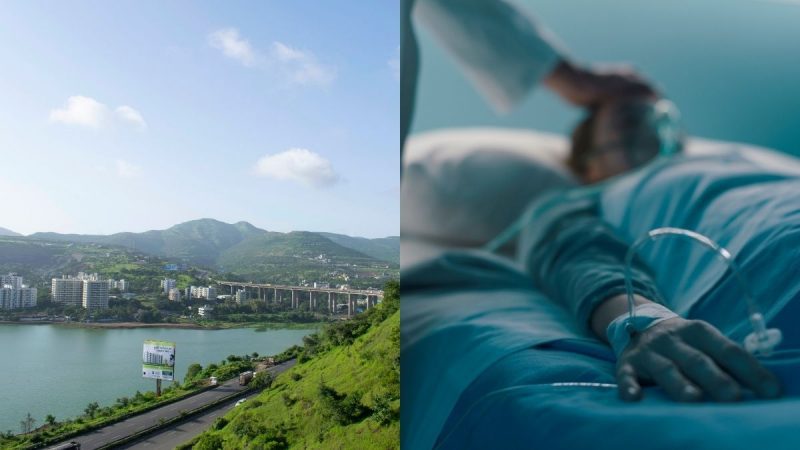A concerning development has emerged in Maharashtra. Water samples from as many as 26 Guillain-Barré Syndrome or GBS patients’ homes were found to contain no chlorine. This means that the water was rendered unsafe for consumption, according to the Rapid Response Team or the RRT. This finding is quite important as it potentially gives insight into the unexplained and sudden outbreak of GBS in Pune.
GBS Outbreak In Pune Linked Unsafe Drinking Water?
According to an article that was recently published by Hindustan Times or HT, the outbreak has prompted extensive investigation. It is centred around Nandedgaon along Sinhagad Road. Of the 77 GBS patients in the area, the team visited 62 homes to assess water sources.
The RRT head and deputy director of public health, Radhakishan Pawar, reported that the findings revealed a complete absence of chlorine in 26 samples. Local residents primarily source their water from a well connected to the Khadakwasla supply.
Some, on the other hand, rely on private water tankers and personal wells. In response to these findings, the RRT has directed the Pune Municipal Corporation or the PMC to maintain a minimum chlorine level of 0.2 parts per million to prevent water contamination.
Also Read: Guillain-Barre Syndrome Cases Rise In Pune; 158 Cases Detected, 18 On Ventilator Support
A Complete Lack Of Chlorine In Drinking Water Samples
The situation continues to evolve, with three new suspected cases reported on Tuesday, bringing the total to 166 cases across Maharashtra. Of these, 130 have been confirmed as GBS, with five suspected deaths. The geographical distribution shows 33 cases within the PMC area.
In addition to this, 86 cases in newly-merged PMC villages, 19 in the Pimpri-Chinchwad Municipal Corporation region, 20 in rural Pune, and eight cases across other districts have also been reported.
Currently, 52 patients have been discharged, whilst 61 require intensive care unit treatment, and 21 remain on ventilator support. The RRT has announced plans to collect additional water samples from within a 5-kilometre radius of Nandedgaon, where the highest concentration of cases has been reported.
The authorities are treating this as a serious public health concern, with ongoing monitoring and interventions to prevent further spread of the condition.
Have you or someone you know been affected by GBS? Let us know in the comments section below!
Cover Image Credits: Canva Pro Images
For more such snackable content, interesting discoveries and the latest updates on food, travel and experiences in your city, download the Curly Tales App. Download HERE.

